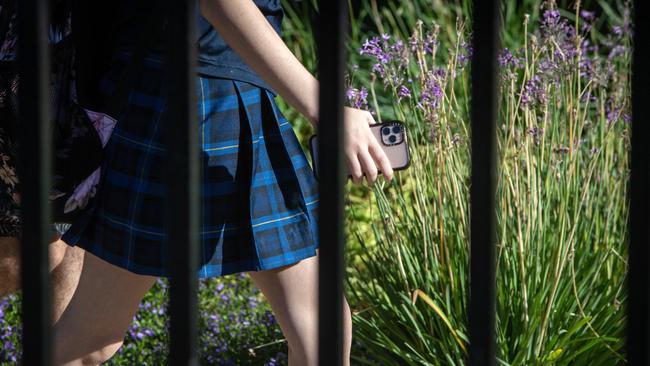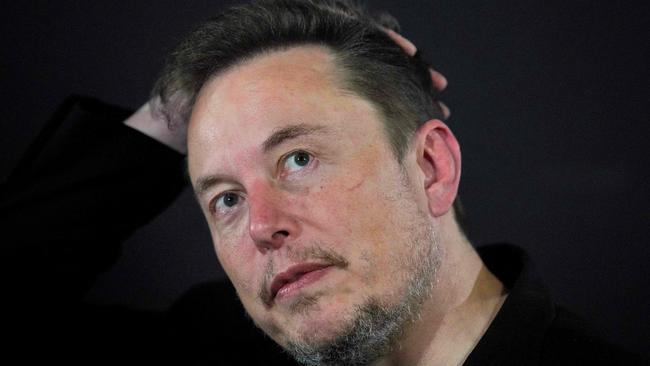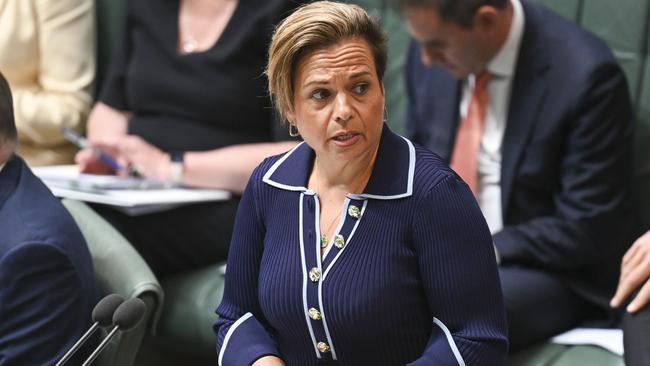Research shows social media age bans won’t solve rising digital harms: internet experts
Politicians, police and national security figures have all backed tougher age limits on social media, but researchers say otherwise.
Blocking children’s access to social media would be an ineffective way to protect young people from online dangers, experts say, as leaders grapple with a deluge of distressing online content.
The federal opposition has revived calls to trial age verification on social media, in an attempt to shield young children from exposure to harmful images and videos on popular platforms.
But experts have been quick to point to a global body of research that suggests limiting access would be a band aid solution, instead urging a focus on improving digital literacy.
Tama Leaver, a Professor of Internet Studies at Perth’s Curtin University, argued that a mandatory age group bans would not reach the root cause of the issue and instead bump the problem down the track.
“Most of the research suggests that banning is not actually that helpful,” Professor Leaver said.

“Even the research around mobile phones in schools suggests that outright banning them is largely ineffective.
“We know that it feels satisfying to politicians – and maybe it’s seen to solve something, but for the most part, the research suggests that that doesn’t achieve very much at all.”
On Monday, Australia’s eSafety commissioner launched federal court action against Elon Musk’s social platform X over its refusal to remove videos of a stabbing attack at a Sydney church.
The legal stoush prompted opposition communications David Coleman, who has long called for a mandatory age verification regime, to suggest Australia follow some US states that block children under 15 or 16 from using Facebook, Instagram and TikTok.

A recent report released by the US National Academies of Sciences, Engineering and Medicine found there was no sufficient evidence to support broad restrictions or bans on young people’s access to social media.
Experts did, however, point to a growing body of evidence showing the negative effects of harmful content and disinformation and called for more research on the links between social media and mental health.
A survey of more than 600 young people released by the University of Sydney last year found that most kids were sceptical about online platform’s ability to verify their age.
Some told researchers they would use loopholes if strict age limits were to be introduced in Australia, for example, using a VPN service to change their country.
The majority of 12 to 17 year olds expressed that they wished to be consulted if the government was considering limits on their social media use.

Communications Minister Michelle Rowland confirmed on Wednesday that she will consider measures to toughen age limits on social media as part of a review of the government’s Online Safety Act.
She said government would examine an “age assurance” pilot to help prevent children from accessing content such as pornography online.
“This review will canvas options to strengthen safeguards for children, including through greater enforcement powers,” Ms Rowland said.
“The platforms actually do have, in their terms of service, certain age limits.
“The issue here is getting them to enforce it.”






To join the conversation, please log in. Don't have an account? Register
Join the conversation, you are commenting as Logout